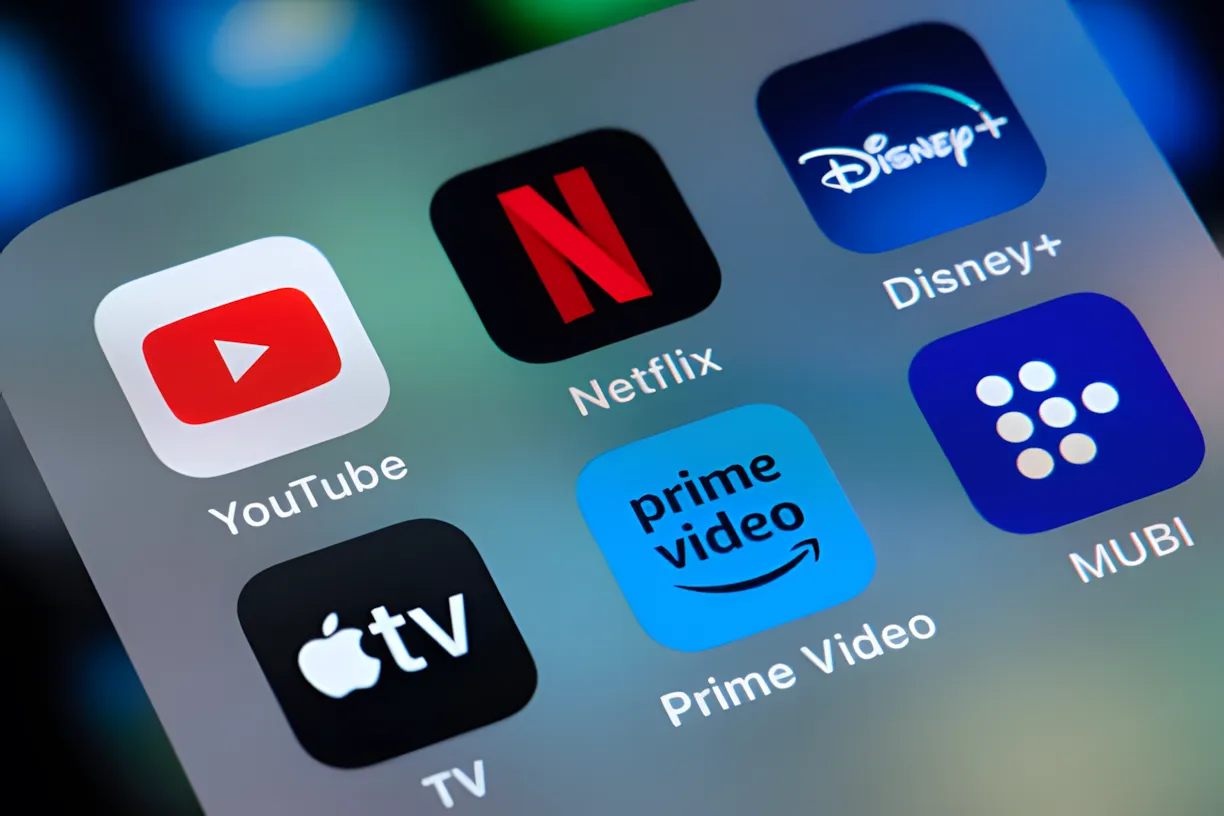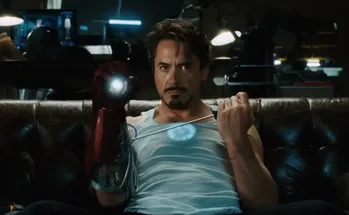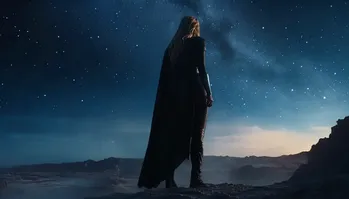When Microsoft founder Bill Gates stepped down from his company's leadership in 2008, he seemed to fade from public view. However, with the Netflix documentary series What’s Next? The Future with Bill Gates, he has sought to return to the spotlight—without hesitation, offering a public look at the world that made him rich and successful: the digital technology sector.
No, Bill Gates is not done with technology. Never was. Even after more than 15 years since stepping down as executive chairman of the tech giant, it remains an annual tradition for Microsoft employees to brief him on the company's latest innovations in a conference room at Redmond, the town in Washington’s northwest corner that has been swallowed up by the sprawling Microsoft campus since the early 80s.
But what about the general public? That is where Gates was mainly known, alongside his (now ex-) wife Melinda, as a philanthropist. At the helm of the Bill & Melinda Gates Foundation, which since 2000 has almost donated $60 billion from the (former) Gates couple’s personal fortune (plus an additional $39 billion from investment guru Warren Buffett), he was more focused on fighting infectious diseases and addressing impending climate collapse rather than operating systems and office software.
But AI Came Along
From technology oracle to philanthropist, but now Gates has adopted a new identity: that of documentarian. With his recently released Netflix docuseries What’s Next: The Future with Bill Gates, he explores the major questions that concern him today in collaboration with a group of interviewees. And surprisingly enough, it seems to bring him back to an old love: digital technology.
Especially the opening episode, on artificial intelligence (AI), takes Gates fully back into his technological visionary role. Together with executive producer Morgan Neville, he interviews OpenAI co-founder Greg Brockman, filmmaker James Cameron (who has noted that “it’s hard to write science fiction anymore”), and a long list of tech CEOs, academics, and technology journalists to help gauge what this technology will mean for humanity in the near future.
In the Netflix series, Gates himself says that generative AI technology has taken a significant leap forward with GPT-4 because it can now “read and write.” After he told the founders of OpenAI (where he secretly also makes appearances) that they should only call him when their creation succeeded on a standard American middle school biology final exam, he unexpectedly got that phone call after just a few months. Gates is now a believer in the power of artificial intelligence. In an interview with the American tech site CNet at the launch of the series, he suggested: “The ability to work well with AI and take advantage of it is more important than understanding Excel or the internet.”
But further exploration on Netflix delves into the true future impact of artificial intelligence. It points out that it is alarming that we do not really know how AI hallucinates: it learns from itself, and our insight into this learning process is minimal. And what if AI breeds superintelligence?
But the most important question addressed is: where lies humanity? How do we inject technology with humanism? And how do we ensure that humans – as AI takes on more of our tasks, perhaps even replacing doctors in an app – do not fall into a collective singularity vacuum?
“Let’s not look at robots playing baseball,” says Gates to CNet. “So where is the line you say: ‘Okay, what machines can do is fantastic’, and these other things may be very social activities or intimate ones, where we keep human jobs? It's not for technologists to understand better than anyone else. It really gets to the core of religious and philosophical values. It’s a sort of Nirvana. But are we going to handle it well?”
Birth of the Wappies
Other episodes of What’s Next: The Future with Bill Gates are closer to his philanthropic work, covering climate change, income inequality, and the fight against infectious diseases. However, episode two also deals with technology. A technology that once made its way into living rooms and lives thanks to significant help from Microsoft: the internet.
When Windows computers were still the primary internet channel, there was optimism about this technology, an inexhaustible information source that would make everyone wiser. Meanwhile, as emphasized by the second episode of the Netflix documentary, we know better now: with the evolution towards social media in the early 2000s, those who don't necessarily have to know begin to inform each other. This leads to a category of internet users swallowing the wildest conspiracy theories from one another.
"What's Next" delves into this mechanism by highlighting the fact that the Internet feeds people's fantasies, believing anyone can conduct research without specialized frameworks. It erodes trust in experts. The documentary illustrates this with an example from Gates himself during coronavirus times. A statement about "digital certificates" in an interview was linked to the idea of Swedish biohackers on a obscure blog, which was then combined with implants, leading to a string of persistent conspiracy theories that even led some circles to believe that Gates was the Antichrist.
To combat this misinformation wave, Gates tells CNet that the best approach is something many of those who subscribe to such theories would abhor: technology that verifies our true and genuine identities online. "I think over time, with things like deepfakes, you want to be in an environment where people are really authenticated online," he says. "That means they're connected to a real identity that you trust, rather than just people saying what they want."










